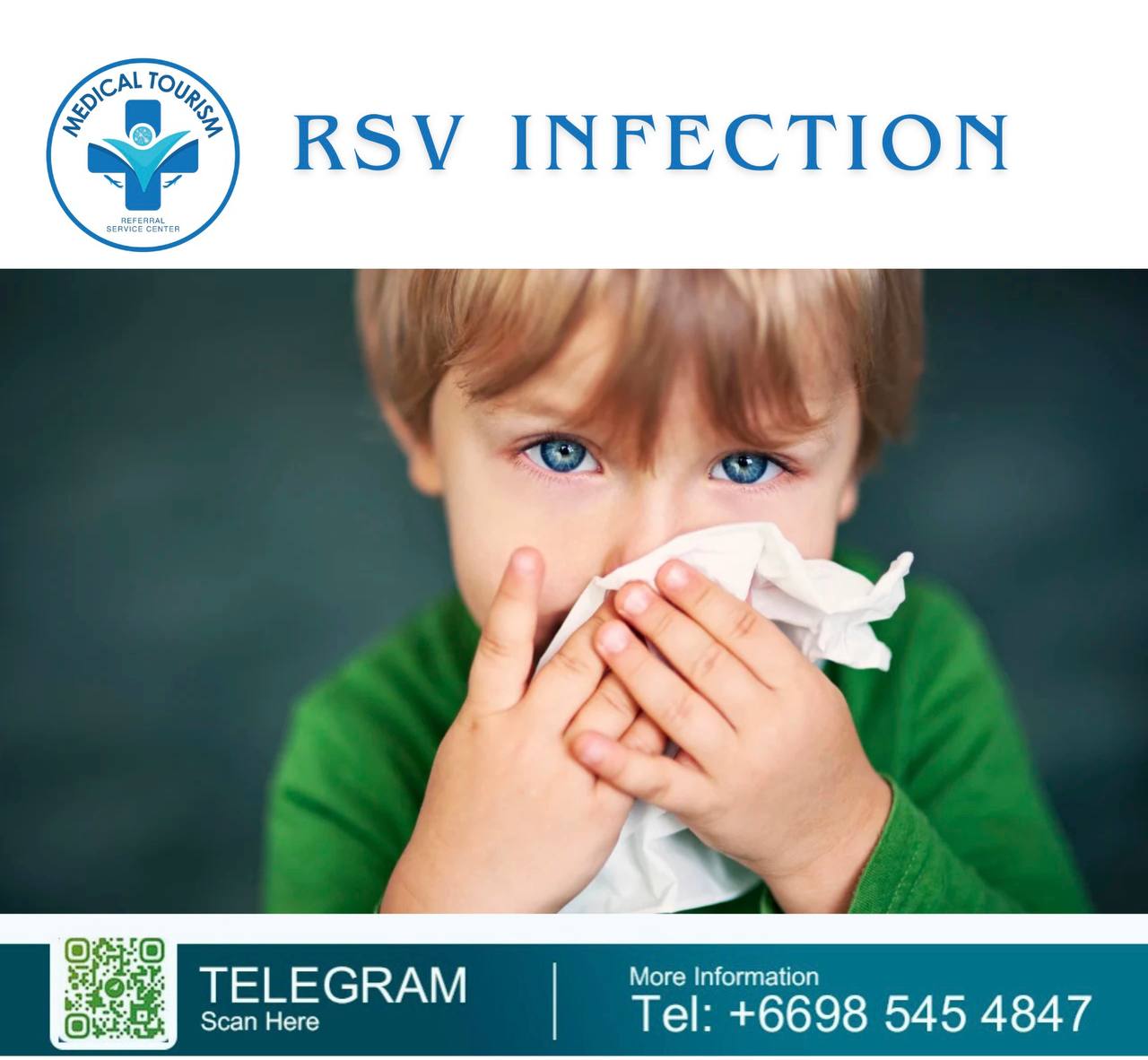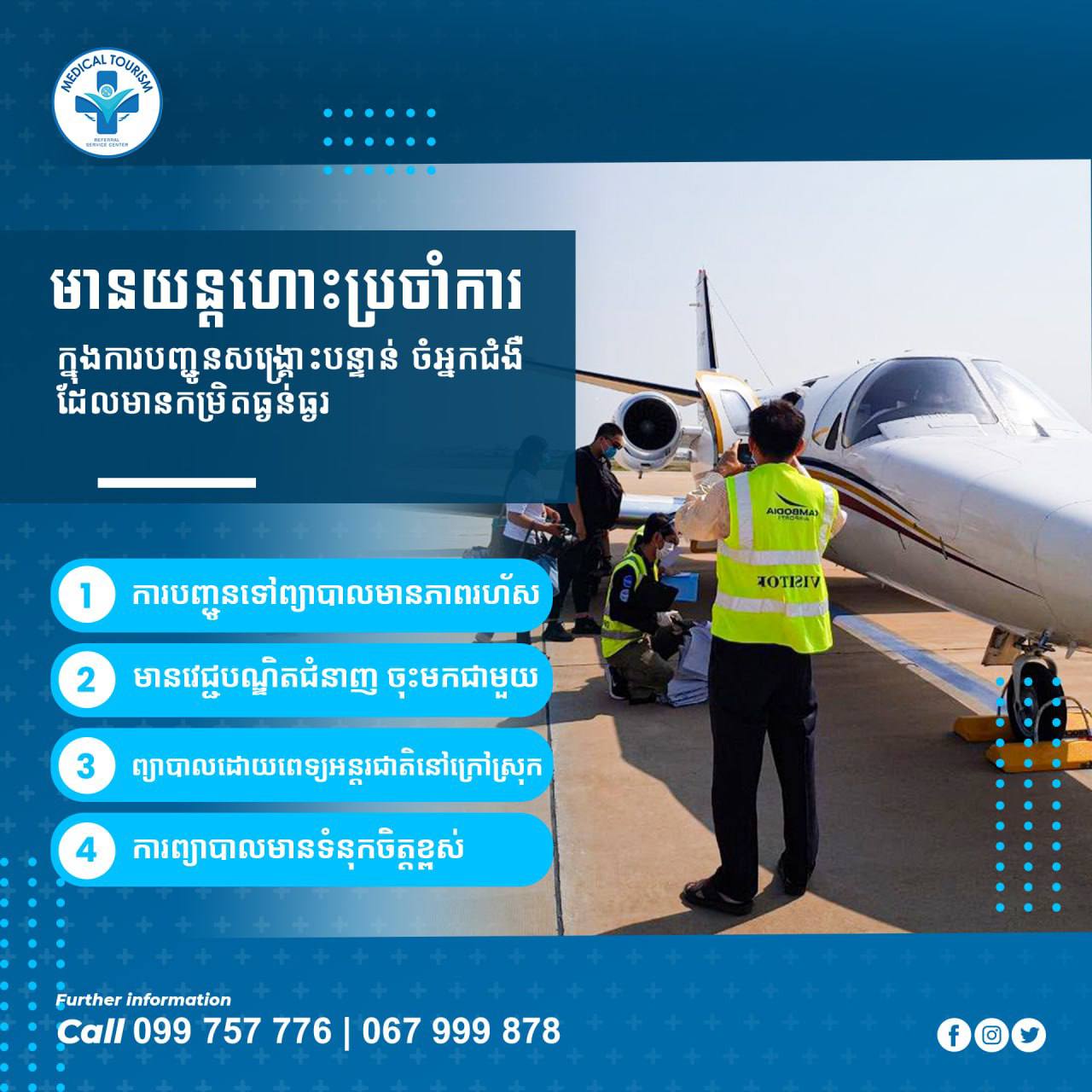Diseases October 11th, 2024
RSV Infection

Respiratory Syncytial Virus (RSV) is a common virus that causes infections of the lungs and respiratory tract. It’s especially common in young children, but it can also affect adults, particularly those with weakened immune systems or underlying health conditions.
Symptoms
– Mild Symptoms: In older children and adults, RSV typically causes mild, cold-like symptoms such as a runny nose, mild cough, and mild fever.
– Severe Symptoms: In infants, older adults, and those with weakened immune systems, RSV can cause more severe symptoms like difficulty breathing, wheezing, rapid breathing, and a severe cough.
Transmission
RSV spreads through infected droplets in the air when an infected person coughs or sneezes. It can also spread through direct contact with an infected person or by touching contaminated surfaces.
Prevention
– Hand Hygiene: Wash hands frequently with soap and water.
– Avoid Close Contact: Stay away from people who are sick, and avoid close contact with others if you’re infected.
– Clean Surfaces: Regularly clean and disinfect surfaces that may be contaminated.
– Vaccination: There are vaccines available for certain high-risk groups, such as older adults.
Treatment
– Rest and Fluids: Ensure plenty of rest and stay hydrated.
– Medications: Over-the-counter medications can help relieve symptoms, but always consult with a healthcare provider before taking any medication.
– Medical Care: Seek medical attention if symptoms are severe or if you belong to a high-risk group.
Would you like more detailed information on any specific aspect of RSV?
- Tags:
- RSV Infection, ជំងឺវិរុស RSV



